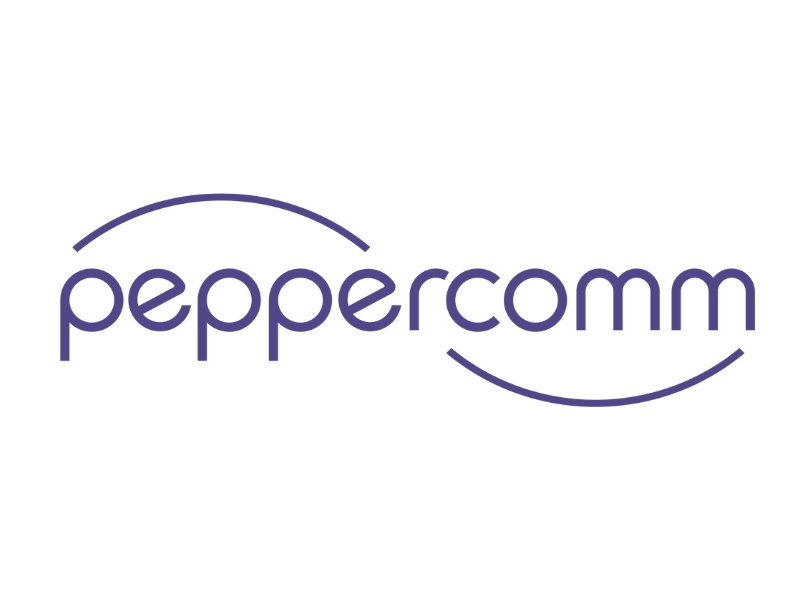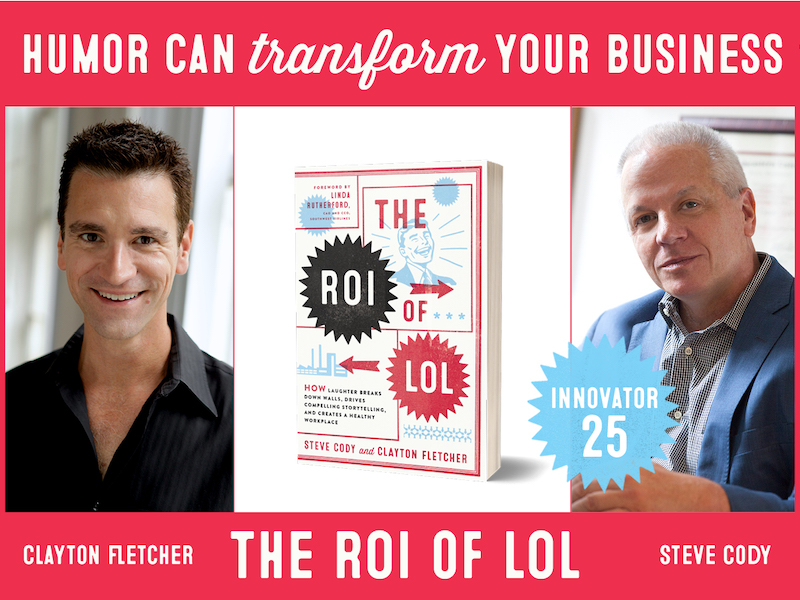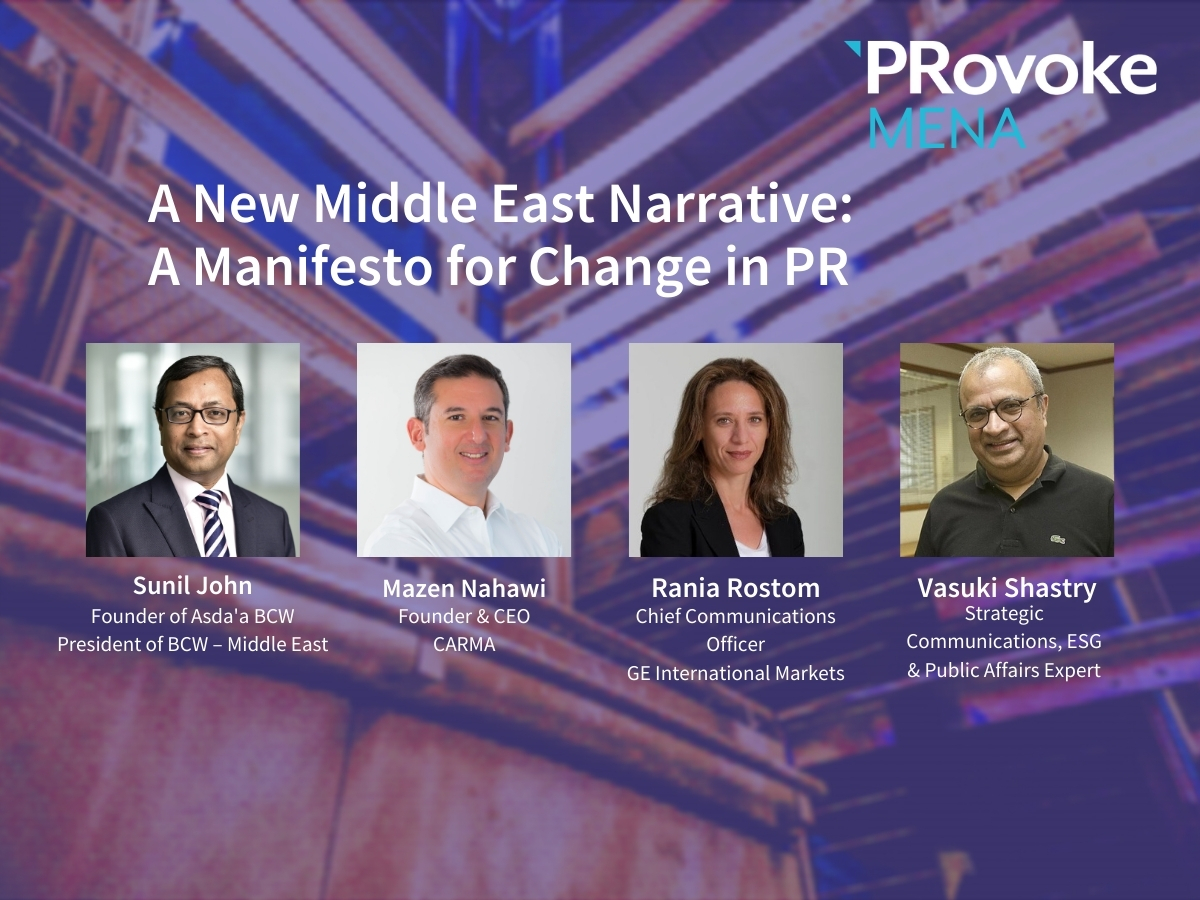ICF Next 03 Apr 2023 // 3:19PM GMT

By Kris Tremaine & Jackie Hopkins, ICF Next
Think about the brands you admire most.
Whether it’s Apple or Starbucks, or BMW or McDonald’s, one thing truly great brands and organizations have in common is a set of customers who don’t just appreciate or purchase the brand’s products or services, but who view it as part of their very identity.
These participants in a brand are, not surprisingly, a brand’s best customers. They are the recommendation-giving, repeat-purchasing, on-and-offline-advocating types of which every marketer wants more.
While trust has always been at the core of relationship building, the larger societal changes of the past few years have raised the bar: Consumers, particularly younger consumers, increasingly demand that brands share their values and beliefs before they’ll consider participating.
Indeed, 72% of Gen Z consumers say their values have changed during covid, according to new research from ICF Next, which explores the relationship between shared values and beliefs and participation.
The report shows how these have become essential to any meaningful brand-consumer relationship building, revealing that:
- More than eight in 10 consumers say a company’s beliefs and values are important to them.
- And 75% of consumers say they are likely to buy a product from a company that shares their values.
- The No. 1 reason consumers stop buying a brand’s products is a lack of shared values.

BELIEFS: HOW VALUES GO TO MARKET
For brands trying to foster participation, it is critical that target consumers understand their values and beliefs, and that starts with understanding (1) what yours are, and (2) the difference between the two.
In this context brands should view values—such as honesty or transparency—as timeless and core to their business, and beliefs as more timely and culturally relevant expressions of those timeless values. Consumers certainly care about a brand’s values, but tend to register them through a company’s actions, not its words. An ad touting a brand’s honesty isn’t likely to resonate, but at an interaction with a company where it does or doesn’t live up to that value can have significant impact.
Beliefs, on the other hand, can be brought to life through timely and relevant expressions—making them more likely to grab attention, change perceptions, and resonate as part of a campaign or communication.
Put another way, beliefs are how values go to market.
One company that does this well is Molson Coors Brewing Co., whose Miller Family of Brands is nominated for multiple SABRE Awards this year for programs that grasped and acted on this distinction.
Miller Lite’s values include commitments to equity and inclusiveness, and they come to life through a belief that everyone should be able to be themselves. The brand’s “Open and Proud” initiative aims to make this belief a reality by working to make all 55,000 bars that serve Miller Lite more inclusive for the LGBTQ+ community through local town halls, training guide development and implementation and significant financial support of the Equality Federation.
Initiated in 2021, this year-round commitment gives greater weight to the brand’s belief-affirming activations, such as its “Beers & Queer History” effort, where it partnered with a Pulitzer-nominated LGBTQ+ historian on a first-of-its-kind history of pioneering LGBTQ+ bars. Through attention in LGBTQ+ outlets like The Advocate and Matador Network, this news making project sparked awareness, affinity and engagement for the brand within the LGBTQ+ community and its allies, sending a clear message that Miller Lite shares their values and beliefs. As one LGBTQ+ outlet put it, “Miller Lite is one of the biggest corporate allies we have.”
But not all shared beliefs need to be as lofty as civil rights and safe spaces to resonate and spark participation. Miller High Life’s years-long crusade to bring the spirit of unpretentious dive bars to new contexts is another great example. Whether it was selling Gingerbread Dive Bar kits for the holidays or holding a sweepstakes for a Patio Dive Bar set during the depths of covid, these brand acts reinforce that the brand values life’s simple pleasures, and believes they should be accessible. When the brand sold those $50 Gingerbread dbar kits at the holidays, more than 15,000 people tried to buy one.
In both cases, a highly creative activation brought a brand’s beliefs and values forward, making it more likely that consumers who share those values and beliefs will participate with the brand. This is particularly important for everyday products, like beer, where purchases are the most influenced by shared values for Gen Z, Millennial and Gen X consumers alike. (For Baby Boomers, healthcare decisions were more influenced by shared values, though everyday products were still very important.)

To fully take advantage of this shift, brands need to ensure that their values and beliefs are prominent in their ads and actions alike. Ultimately, people increasingly believe the brands they purchase from say something about them, and they want that statement to accurately reflect who they are. Shared values and beliefs have the power to boost business results by sparking participation through deeper alignment between consumers and their chosen brands.


































.jpg)

















